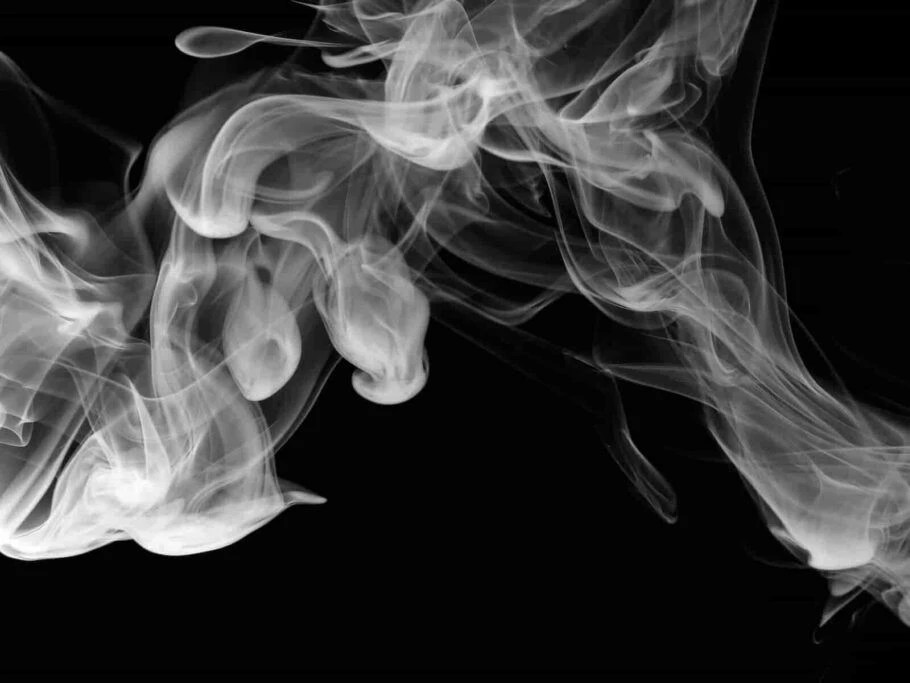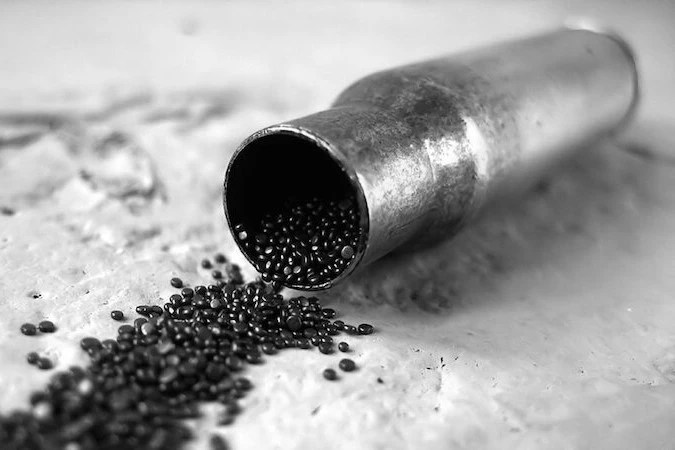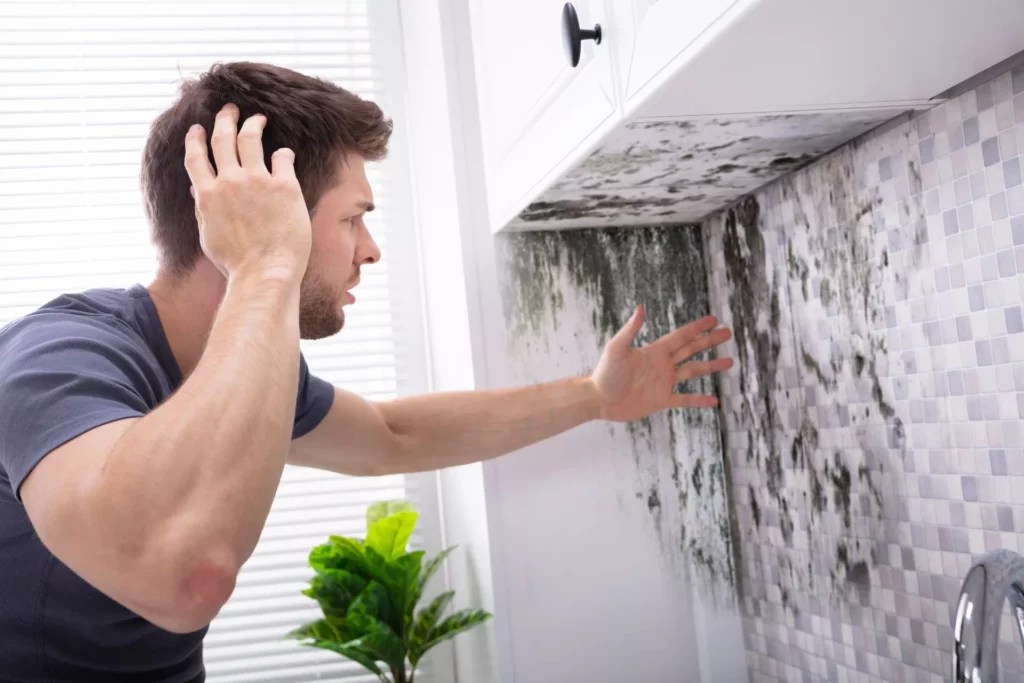The Most Common Air Conditioning Smells
Why does my air conditioner smell bad?What to do when my Central Air Conditioner smells like chemicals, and what does Freon smell like?
As an HVAC Contractor, these are the questions we hear all the time from homeowners and business owners alike.
When your Air Conditioner starts to put out terrible odors, it’s never a good sign. It’sdefinitely not good for your health.
Even worse than that,some smells are toxicand require urgent attention.
So here are the top six and what you can do about it!
Your air conditioning system is one of the most used appliances in your home.So, it’s uncomfortable and super inconvenient when it isn’t working correctly.
Fortunately for us, it’s fairly good at giving us signs when it needs a service.
One of the critical things that many home and business owners notice isbad aromasemanating from the air conditioning unit.
However, an odor problem doesn’t necessarily mean that a repair will be expensive but definitely needs to bechecked.
It could be as simple as adirty air filteror mold growth caused byexcessive condensationin theHVACunit or as bad as a freon leak or, even worse, a ruptured sewer vent pipe or a backed-up sewer line near some ductwork.
Here are the six most significant potentially toxic air conditioner smells that you may be smelling:
1. Burning or Electrical Odors

Electrical smells are a common air conditioning smell and could indicate a mechanical problem with yourair conditioner compressoror fan, electrical component failure, or a wiring issue.
Thesecomponents are made from various chemicals and metals, and prolonged exposure to odors from these is not healthy.
The first few times an air conditioner kicks on, it may emit a burning smell that can smell electrical or dusty.
Usually, after 20 to 30 minutes, the smell can dissipate. If it does, then it was probablyburning off the dustin the unit.
This is common after the unit has not been used for a while.
However, you should contact a professional HVAC contractor to check out the problem and repair the unit if it continues.
If you’re a bit of a DIYer, here’s an article for you onDIY AC repair.
Electrical odors are typically a problem with thecompressor, fan motors, or wiring.
Attempting to fix these yourself can result in severe injuries. If you are not comfortable trying repairs by yourself, contact your local air conditioning specialist to look at it.
2. Gunpowder Smell

The gunpowder smell is the cousin of electrical odors.
Distinctive gunpowder-like odors can be due to afried fan motor or circuit board.
Again with these made from various metals and chemicals, they can pose potential dangers to your respiratory system.
Before starting up a system again after a prolonged dormant period, it should be inspected by a professional.
3. Rotten Egg Smell

Provided you didn’t leave any rotten eggs hiding anywhere in your home, if you smell sulfur or it smells like rotten eggs emanating from your air conditioning unit, it’smost likely a natural gas leaksomewherein your home making its way into your ventilation system.
Although gas is odorless, utility providers add the aroma to alert people of a dangerous leak. So if you smell gas, there’s a problem.
Another reason for these types of AC smells is you may have a pest problem or a dead animal somewhere in your duct work or attic.
So definitely best to get that checked out. Call pest control to remove the dead animal if you find something.
🛑 If it’s a gas smell, do not take it lightly. If you smell sulfur in your home, natural gas is most likely the culprit, and immediate inspection of its source is required.
You should turn off your gas supply immediately, evacuate your home, and call the fire department.
While low-level exposure in itself is hazardous to your health, high levels can reduce oxygen in your blood and lead to a loss of consciousness and even death.
As we all know, gas is highly flammable and explosive and results in dozens ofdeaths each year.
So if you notice this type of odor,open all of the windowsin your home or business and immediately get out of the building.
You should also contact your local natural gas provider.
4. Exhaust Fumes

Even if your systems are not powered by gas, exhaust fumes can be present if fluids leak from specific components in your AC or heating systems.
To avoid such dangerous situations, If yousmell exhaust-type fumes, you should contact your local HVAC contractor to assess your problem professionally.
Burning oil and other fluids can release large amounts of toxic gas into the environment. This gas can be different in its chemical makeup as it is in its original liquid form.
When inhaled, these particulates can be veryhazardous to your health, depleting oxygen in your bloodstream, resulting in many serious health issues.
5. Chemical Aromas

Chemical smells can come from many different sources.
The following may help you decipher which one is the most likely culprit.
🦨 Open Chemical Containers
Your AC might not even be the source of the smell.
Open chemical containers stored near an air conditioningintakeor ductwork could be the source.
Once picked up in the airflow, these smells will be forced through the rest of the house.
Homeowners and business owners often store chemicals in garages and attics to keep them out of harm’s way.
However, these can eventuallyleak if not sealed properlyand make their way into the airflow.
Please find all of the chemical containers around your home and business and safely store them away from your AC system for safety’s sake.
🦨 The AC unit itself
If your AC system smells like paint thinner, formaldehyde, or any other chemicals, it must be assessed before use.
Many fluids are used within your AC system.
They can be the culprit for anassortment of chemical-type smellswhen the unit malfunctions. Contact your local HVAC contractor for a proper diagnosis.
🦨 Ozone Smells
Electrostatic-type air filterscan produce ozone and emanate an odor that smells like chlorine.
Also, certain types of UV lights installed to irradiate filter surfaces to kill bacteria can produce ozone.
Ozone is very unhealthy for peopleif inhaled in large enough quantities. Some can experience chest pains, while others may have trouble breathing.
If you are unsure about what type of system you have. It’s best to call your local HVAC contractor to check on your system.
🦨 Glue Odors
If you have recently had any ductwork done, this may answer your home’s chemical smells.
The glue used for duct installation cangive off a heavy chemical odorwhile drying.
In this case, the smell won’t disappear immediately; you must wait for the smell to fade.
Run your AC fan, open the windows to your home or business, and wait for it to dissipate.
If the problem persists, then discuss this with your local HVAC contractor.
🦨 Freon Leaks
Freonis achlorofluorocarbonor CFC, also known as a refrigerant.
Freon removes heat from the atmosphere and transfers it to somewhere else, usually outside your home or business.
This iswhat keeps you cool inside. But unfortunately, it is also harmful when it’s not contained appropriately.
Freon travels within a closed system in condenser and evaporator coils and lines.
These coils and lines, which are mostly made of copper, can sometimes crack and result in arefrigerant leak.
What does Freon smell like?
A freon leak smells like coolant in your car and has a slightly sweet aroma.
🛑 Freon leaks can be toxic.
If you suspect a refrigerant leak, talk to your local HVAC contractor, who can use afreon leak detectorto find and repair the issue.
6. Mold or Musty Smells

Does your AC smell likedirty socks?
An air conditioning system that smells like mold and mildew is one of the most common AC smells coming from an HVAC system.
When the AC is running, alot of condensationbuilds up within the unit.
If this moisture doesn’t drain properly, it can escape into the air flow, end up in the air ducts, andcause mold to buildup in your ductwork.
A clogged condensate drain line can cause this. So, it’s worth checking out.
Call your local HVAC contractor to check out your HVAC system and air ducts for mold and mildew.
They will also check your condensate line for blockages if you don’t know where to find it.
Duct cleaning is an easy way to improve yourindoor air quality.
Mold is not a serious problem with the air conditioner itself.
However, the poor indoor air quality resulting frommold in your system is dangerousto you and your family’s health.
Moldcan increase the risk of respiratory infections in both children and adults.
It is best to keep your air conditioner off until this problem can be remedied.
So, if your AC smells musty, it’s best to engage a professional to check it out.
Related Reading: The Importance of a Clean Evaporator Coil
Related Reading: Everything You Need To Know About Your Furnace Room
What Air Conditioners Should Smell Like…

Now that you are fully informed about the types of AC smells, you can better discuss a solution with your localHVAC Contractor.
When troubleshooting a problem, use your other senses as well.
Listen forabnormal soundslike knocking within the HVAC system when running.
Look for excess wateraround the unit or other liquids that don’t belong there.
Often the smells indicate that the system just needs a service.
However, more serious odors like sulfur or gas indicate a more significant problem.
If you are experiencing an electrical or burning odor, immediately shut down the unit and contact yourlocal HVAC technician.
Yourlocal HVAC contractorcan quickly diagnose any issue you have and recommend various solutions to get your AC back up and running safely.
Dealing with other common AC problems? Check out:Top 18 Common AC Problems and Solutions.
Call an HVAC Contractor!

So we have you covered whether you are looking for an Air Conditioning or a Furnace Repair technician and need emergency service for your HVAC equipment.
Don’t let air conditioner smells ruin your day; give us a call atPhyxter Home Services.
We have the best local and independent home service contractors who are experts in all types of HVAC systems.
And if you’re looking for a replacement filter, we can help you too.
Check out our article on choosing the right filter for your home:Air Filter Guide. MERV Filter Ratings and What They Mean For Homeowners
Related Reading: Suspect a Furnace Gas Leak? Here’s What To Do!